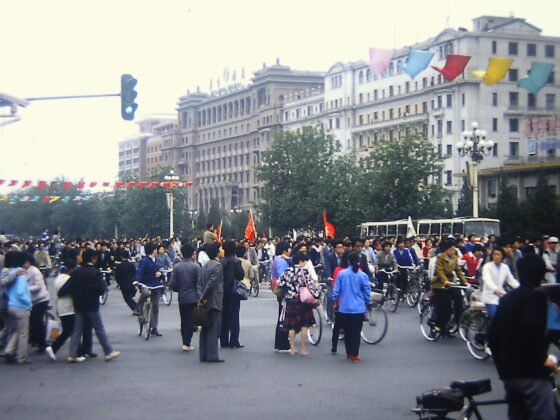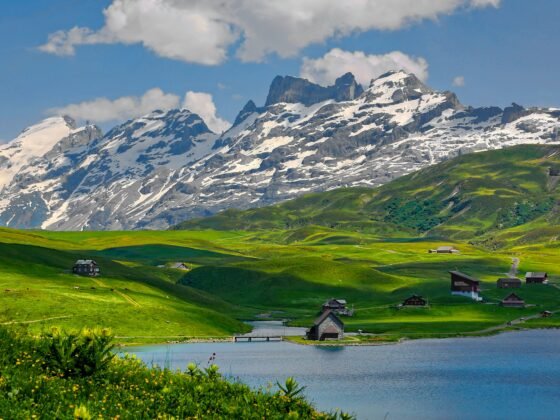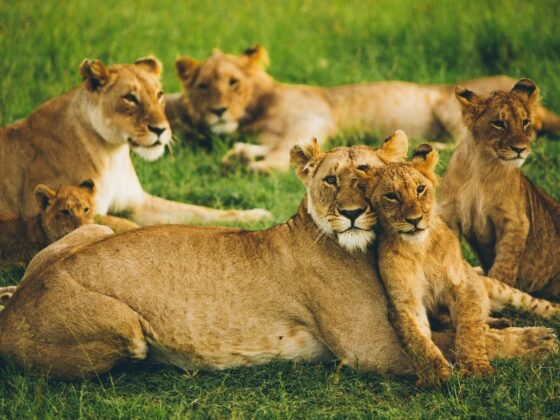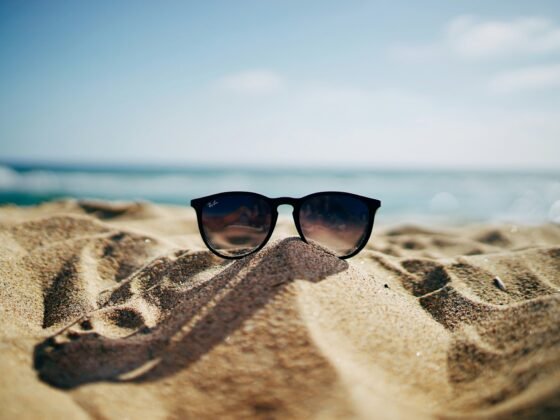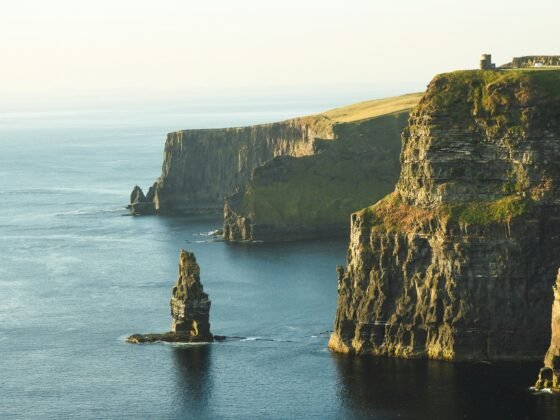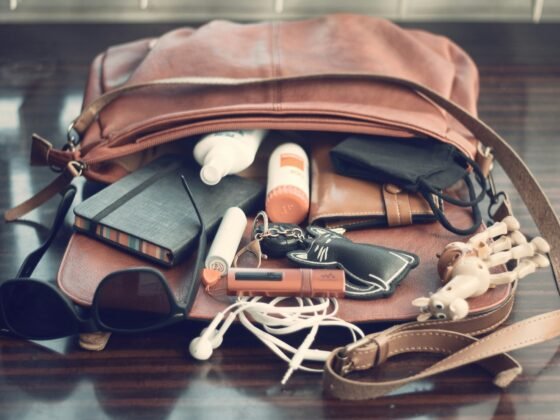Djibouti Holidays – Tours & Adventure Travel Guide
PureTravel Says
“Djibouti is a land almost frozen in time, with camel herders, nomadic families and wildlife roaming its lands. Its Islamic traditions are seen in its architecture and it is fringed with a long red sea coastline. It is a remote holiday destination, but the adventurer can enjoy a real experience into a little changed way of life.”
Djibouti Holiday Highlights
Camel Trekking - One of the best ways to get to know the people, villages, customs and topography of such a gripping country is by taking a camel trekking tour. This tour differs slightly from the “Trekking” you can do, as a camel trekking tour can last less than a day to several days. Plus, you can ride on top or walk along with the camel at your convenience (A trekking tour means that you hike the whole way.). Moreover, a camel trekking tour of Djibouti gives you an opportunity to see a country the way people have always lived, like a nomad.
Walking and Trekking - Unlike trekking in other countries, camels are used to carry most of your gear and it is a memorable experience—a camel trek through remote valleys and over undulating hillocks of stone and sand and rock. One of the longest treks last seven days and covers around 130 km. Most treks start off at Lac Abbe near to the Ethiopian border. You’ll have chance encounters with flamingo, ibis, pelicans, and bones of long-dead elephants, antelope, hippos and fish. Most walkers who go all the way end up near Lake Assal at Oued Kalou, a riverbed long ago dried by the sun. The journey ends at the deepest point below sea level in Africa at -155 meters. This area is where the huge African Rift Valley begins, making its way through places like Kenya, Ethiopia, to Lake Tanganyika and Lake Malawi.
Mountain Biking - A mountain biking excursion near Lake Abbe will offer some of the best chances to see wildlife, from flamingos and pelicans. It’s also home to the famous talked-about steaming chimneys, natural formations that steam endlessly and naturally. The riding here can be rough, but there are plenty of camel- and footpaths to follow where there are more pebbles than large stones. Some of the easier rides include loops near the Red Sea. Additionally, guided rides to the Goda Mountains National Park are becoming possible, but all of this will have to be arranged by a tour operator before you come. Most of the time, guides are compulsory.
Diving & Water Activities - Probably the best spot for diving and snorkelling is the Gulf of Tadjoura. Other parts of the Red Sea offer great underwater views, but you should arrange your tour to take place when the water is clear and opens free of sediment, around September to May. Other tourists prefer to stay on top of the water and go windsurfing and waterskiing at almost anytime of the year.
When To Go
You’ll never have to worry about too much rainfall. The annual rainfall is around 150 mm! The temps are hottest in June till August with dusty Khamsin winds. October till April is cooler and has more chance for rain.
Top Tips
- Djibouti is a Muslim country, so it’s important to lead your daily life in customary manners. Dress appropriately and try and learn appropriate dos and don’ts.
- Djibouti almost always requires visiting persons to have a guide booked through a tour operator.
Classic Itineraries
- Lake Abbe
- Red Sea
- Camel Treks


